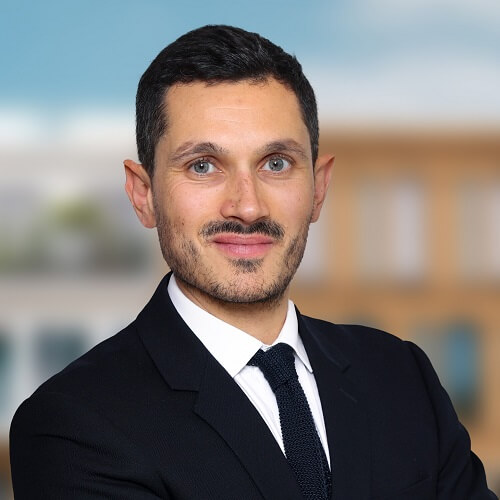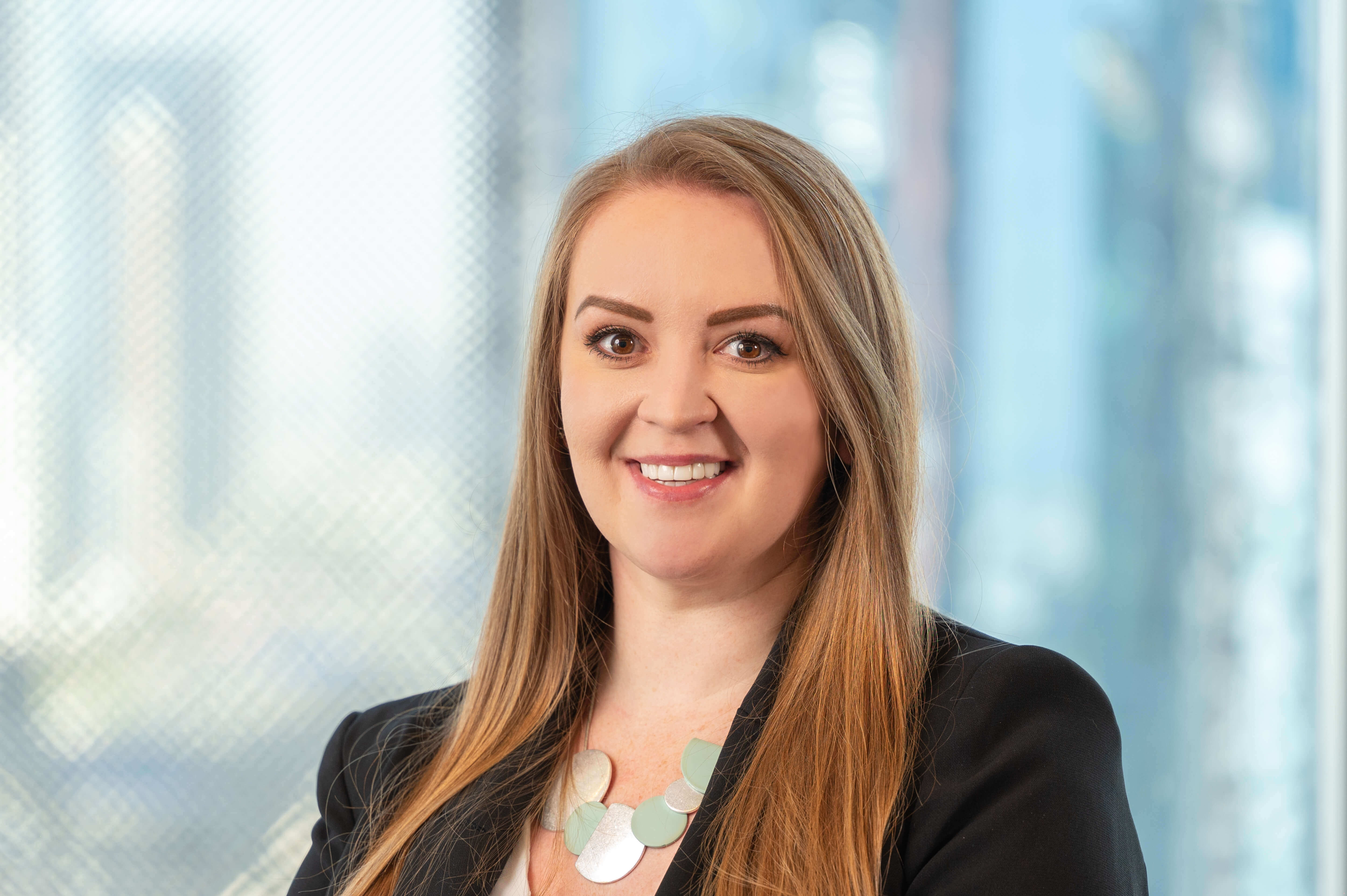Virtually Everything | Series 2, Episode 2 | MICAR and the new era of virtual assets in the EU
-
Podcast 09 October 2024 09 October 2024
-
Global
-
Tech & AI evolution
-
Technology, Outsourcing & Data
In this episode of Virtually Everything, hosts Vyasna and Lucy are joined by Victor Gontard, a Senior Associate from Clyde & Co’s Munich office, to explore the evolving regulatory landscape of crypto-assets in the European Union (EU). The discussion provides a thorough look at how both national and upcoming EU-wide regulations will impact the virtual asset industry.
Key discussion points:
Fragmented regulatory landscape in the EU
Victor begins by outlining the current state of crypto-asset regulation in the EU, which remains fragmented across member states. Each country has developed its own national framework for crypto-asset regulation. In Germany, operations involving crypto-assets, such as custody services, already require specific licenses issued by BaFin, the Federal Financial Supervisory Authority.
Although this patchwork system governs crypto-assets today, this is set to change with the introduction of the Markets in Crypto-Assets Regulation (MICAR).
Introduction of MICAR: The first harmonised crypto regulation
A significant portion of the episode focuses on MICAR, the EU's first harmonised regulatory framework for crypto-assets, which will come into full effect from December 30, 2024. Victor explains that MICAR is structured as an EU regulation, meaning it will directly apply across all EU member states. This will replace the different local regulatory frameworks and introduce a unified set of rules for the entire EU.
MICAR categorises crypto-assets into three main groups:
- Asset-Referenced Tokens – Designed to maintain stable value by referencing a combination of assets or official currencies.
- E-Money Tokens – Which maintain value by referencing a single official currency.
- Other Crypto-Assets – Including cryptocurrencies like Bitcoin.
These categories will be subject to strict rules regarding their issuance, admission to trading, and related services, helping to standardise and simplify the crypto-asset market across the EU.
Crypto-Asset services under MICAR
Victor considers the broad scope of activities that MICAR will regulate, collectively referred to as crypto-asset services. These include:
- Custody and administration of crypto-assets on behalf of clients.
- The exchange of crypto-assets for other assets.
- Placement of crypto-assets.
- Provision of transfer services for crypto-assets on behalf of clients.
From January 2025, a license will be mandatory for providing these services, obtained from the national authority of the operator's home country (BaFin in Germany, for example). MICAR also introduces stringent prudential, organisational, and governance requirements, including stipulations for having a registered office and management presence within the EU.
Transitional period and licensing for existing operators
For businesses already providing crypto-asset services under national regulations before the regulation takes effect, MICAR includes a “grandfathering” provision, allowing them to continue operating under their existing national licenses until July 1, 2026. However, Victor points out that this transitional period may vary by country, as member states are allowed to shorten or disapply it.
European passporting system
Another crucial element of MICAR is the introduction of a European passporting system for crypto-asset services. This system, already familiar for other financial services, will enable service providers licensed in one EU member state to operate in other EU member states without needing multiple licenses. Victor highlights that the application process for cross-border operations will be streamlined, significantly reducing regulatory burdens and fostering a more cohesive market.
Third-Country providers and reverse solicitation
The episode also touches on how MICAR will affect non-EU (third-country) providers wishing to operate in the EU. These firms can offer crypto-asset services to EU clients only if those services are provided at the exclusive initiative of the client, a concept known as reverse solicitation. However, this concept is expected to be interpreted strictly, with guidelines from the European Securities and Markets Authority (ESMA) forthcoming.
The conversation wraps up with a focus on the significance of MICAR in creating a unified, streamlined regulatory environment for crypto-assets across the EU. By introducing standard rules, licensing requirements, and cross-border operational frameworks, MICAR is expected to enhance market integrity and consumer protection, while also offering opportunities for growth and innovation in the virtual asset space.
This podcast forms part of the Virtually Everything podcast series. To find out more about the topics discussed in the series, please visit our dedicated Digital Assets and Blockchain page
End
Digital Assets and Blockchain
Operating from across the world’s major financial centres, our digital assets, blockchain, and cryptocurrency experts provide a comprehensive and joint-up legal service to clients globally.
Read More

